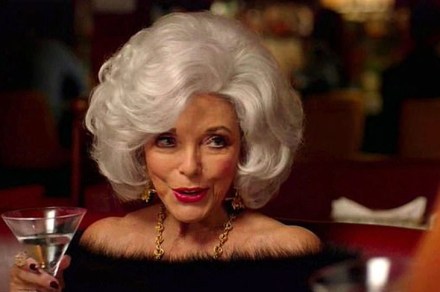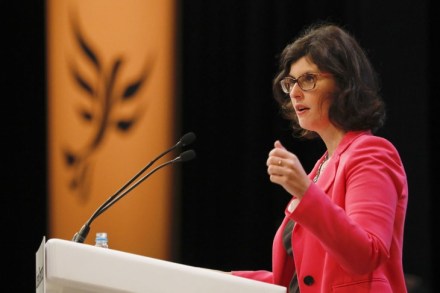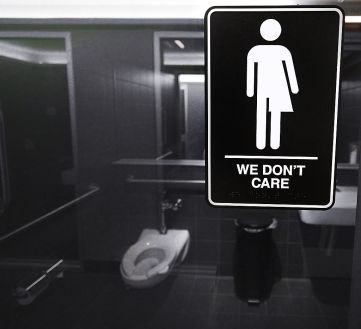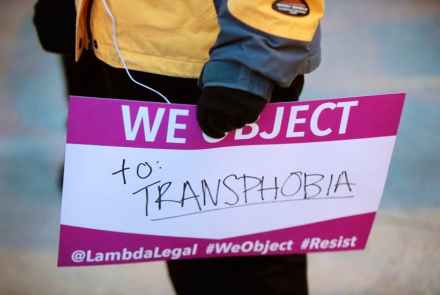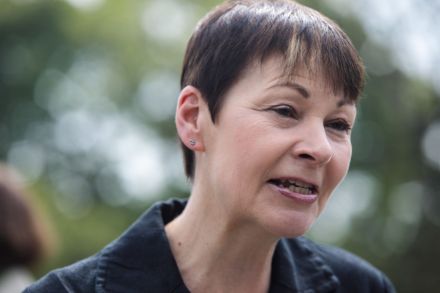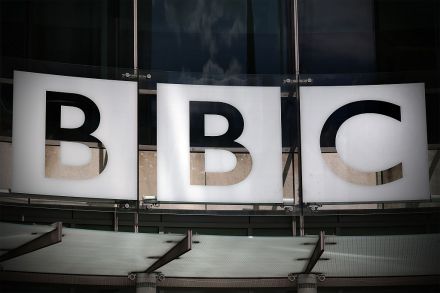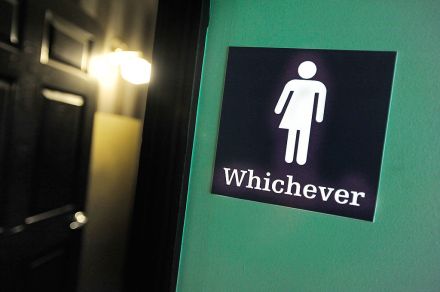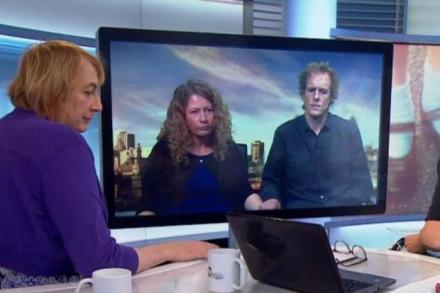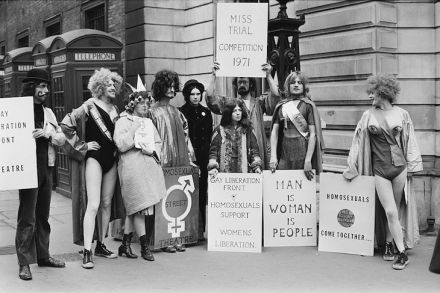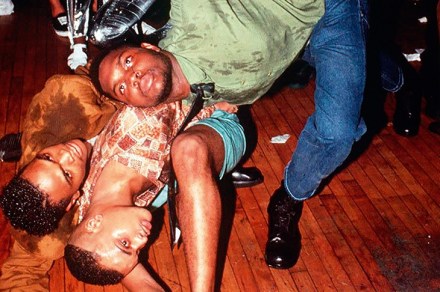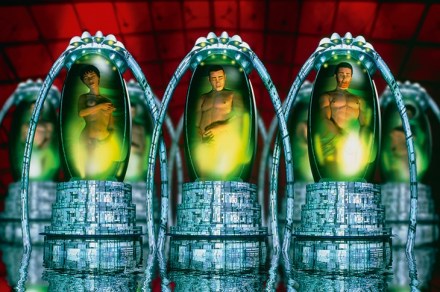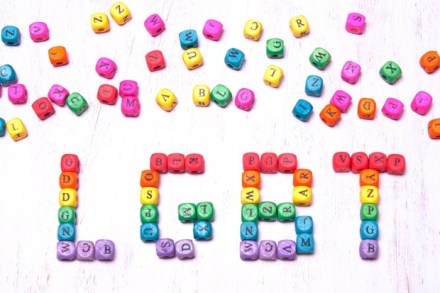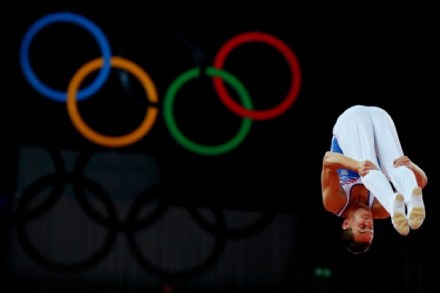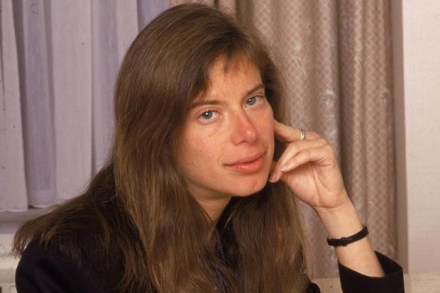Diary – 6 December 2018
I recently returned from several months in Los Angeles working on one of the most popular US TV shows. American Horror Story is a mysteriously scary but fascinating series of interconnecting stories created, produced and written by Hollywood’s latest wunderkind Ryan Murphy. In the past decade, he was the brilliance behind such hits as Nip/Tuck, Glee and my particular favourite, Feud, a fascinating study of the enmity between two great legends of the silver screen, Joan Crawford and Bette Davis. More recently his output has trebled with The Assassination of Gianni Versace, a nine-part series about the tragic events involving the fabled Italian designer, and the mesmerising trial of O.J. Simpson
